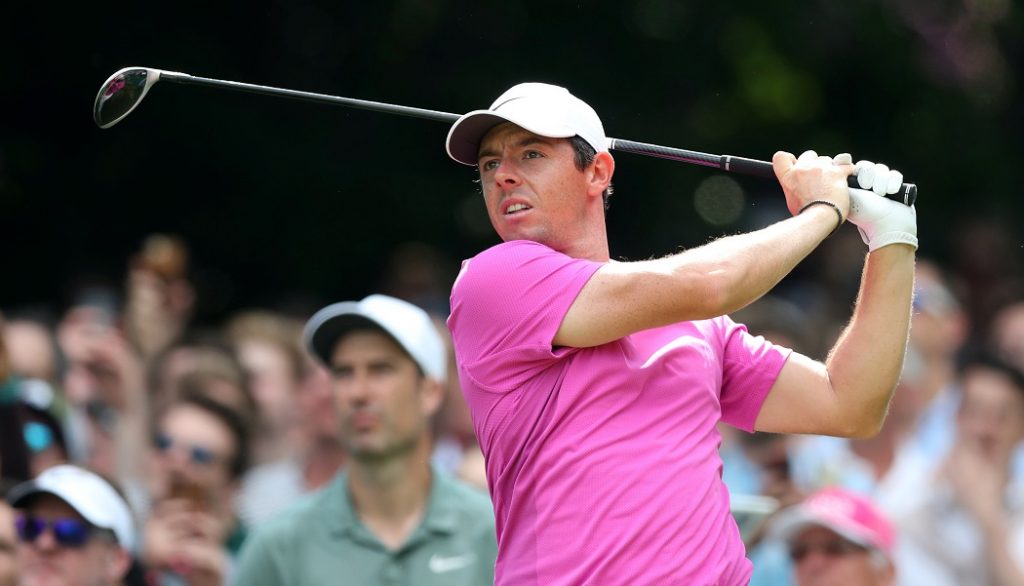Member Insights: The Golf War’s conclusion has been a PR nightmare
June 21, 2023
In this week’s Member Insights piece David Alexander, MD of Calacus PR, looks into the recent turmoil in the world of golf and the sports lack of a clear PR strategy.
Golf has been going though a massive crisis over the past couple of years as Greg Norman’s rebel LIV Golf tour tried to shake up the very foundations of the sport.
We’ve seen before that their challenger brand approach has had mixed results – with big names such as Phil Mickelsen, Ian Poulter and Henrik Stenson taking huge financial incentives to join the tour, even though it disqualified them from prestigious golfing events including the Ryder Cup.
With accusations of sportswashing by backers the Saudi Public Investment Fund, and law suits ongoing by families of those who lost loved ones in the 9/11 terrorist attacks, the PGA and DP World Tour were unequivocal in their condemnation.
At the time, PGA Tour commissioner Jay Monahan said: “You’d have to be living under a rock not to know that there are significant implications” for signing on with LIV.
“I would ask any player that has left, or any player that would ever consider leaving, have you ever had to apologise for being a member of the PGA Tour?” and praising players loyal to the American circuit for avoiding “moral ambiguity.”
Two of golf’s biggest stars, Tiger Woods and Rory McIlroy, echoed the PGA’s message, standing up for the integrity of the sport and its stand against the Saudi’s unlimited funding.
One of the most important principles of communications, particularly when addressing an issue such as LIV Golf, is to have a plan, stick to it, and know what success looks like at its conclusion.
That relies on consistency and resolve, even in the face of mounting pressure. And it relies on collaboration and engagement with your stakeholders.
In that regard, golf has failed – and the result has sent shockwaves that go way beyond the sport itself.
Golf has a financial problem – global sports firm Nike pulled out of the clubs and equipment market in 2016 because it was not profitable and despite plenty of broadcast deals, the PGA and DP World Tour simply couldn’t compete with LIV Golf’s riches.
If Monahan had any indication that there was a situation where he would have to make such a dramatic volte face, he could have softened his messaging and advised his golfers to follow suit.
As it’s panned out, he now looks like a sell-out and a hypocrite at best and cowardly by eventually caving in to the financial temptations that LIV Golf have seemingly offered.
Richard Blumenthal, a Democrat from Connecticut, sent letters to Monahan and Norman and said: “While few details about the agreement are known, PIF’s role as an arm of the Saudi government and PGA Tour’s sudden and drastic reversal of position concerning LIV Golf raise serious questions regarding the reasons for and terms behind the announced agreement.”
The fact that there were ongoing lawsuits between the PGA and LIV, which were already reported to have caused some embarrassment from the Saudis, raises questions about the virtues and motives behind the agreement.
U.S. Senators Elizabeth Warren and Ron Wyden have asked the Justice Department to open an antitrust investigation into the planned deal and ongoing investigations will continue.
The fact that the players, executives and even LIV’s Norman knew nothing of the ongoing negotiations and that they were made without consultation or wider approvals raises significant governance concerns.
No wonder world number two John Rahm said that players felt “a betrayal from management” with no clear engagement or clarity despite a reportedly heated and contentious discussion with Monahan.
McIlroy, who turned down millions to remain loyal to golf’s establishment, showed why he is one of golf’s most important assets, getting the balance just right between dismay and determination that the sport of golf comes out of this stronger.
He said: ““I still hate LIV. I hope it goes away. And I would fully expect that it does. And I think that’s where the distinction here is. This is the PGA Tour, the DP World Tour and the PIF. Very different from LIV.
“There still has to be consequences to actions. The people that left the PGA Tour irreparably harmed this Tour, started litigation against it.
“I told Jay, ‘you’ve galvanised everyone against something and now you’ve partnered it’. Of course I can see how that looks hypocritical.
“I’ve made my peace with it. I’ve seen what’s happened in other sports and businesses. I’ve just resigned myself to the fact this is going to happen. How do you keep up with people who have more money than anyone else? Let’s use the money in the right way.”
That no plans for what the collaborative competitions may look like have been agreed suggests how far the partnership has to go.
The fact that the word “merge” was removed from the press release on the PGA Tour website with so much yet to be agreed underlines the lack of clear strategy behind the agreement – something else which should have been established before going public.
The reputation of golf, its governance and even its new investors has never been more challenged.
Structured planning and communications could have limited the damage and shown a vision players, fans and sponsors could support.
Click here to connect with David Alexander on LinkedIn
Action Images via Reuters/Peter Cziborra


